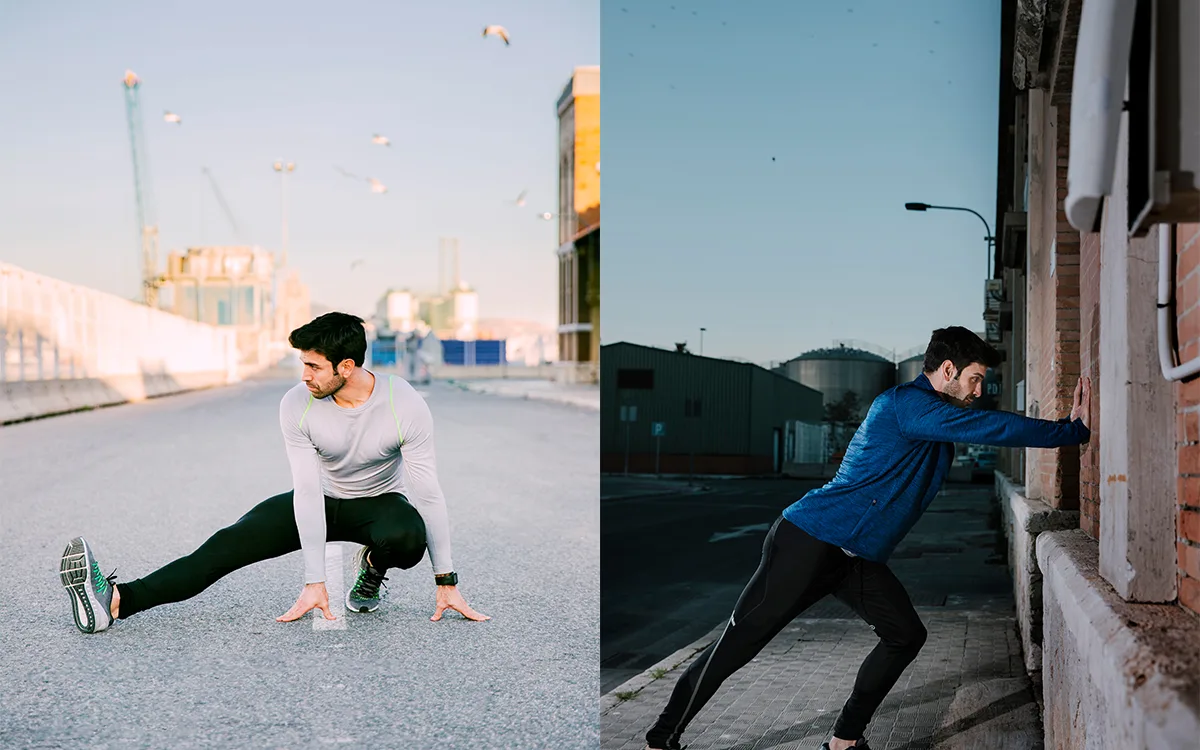There has always been a debate about the best time to exercise. Some people swear by working out in the morning, while others find their stride in the evening. The truth is, timing plays a role in how physical activity affects energy levels, heart rate, and physical performance. Whether you are a morning person or a night owl, understanding the benefits of each approach can help you align your exercise routine with your lifestyle and fitness goals.
The Science Behind Timing and Physical Activity
Our bodies operate on a circadian rhythm, a natural internal clock that influences body temperature, heart rate, and energy levels throughout the day. This rhythm can determine when your body is naturally primed for physical activity.
In the morning, body temperature is lower, and energy levels may feel sluggish as the body transitions from rest to movement. However, this is also when cortisol levels peak, which can support alertness and focus. On the other hand, body temperature rises throughout the day, peaking in the late afternoon or early evening. This increase may enhance muscle function and flexibility, leading to greater physical performance during exercise.
So, should you work out in the morning or later in the day? Let us explore both sides.
Why Exercising in the Morning Makes Sense?
A morning workout sets the tone for the day. Many fitness enthusiasts prefer this time because it helps establish a routine and provides a sense of accomplishment before tackling a long day ahead. Here are some advantages of working out in the morning:
- Jumpstarts Your Energy Levels
Starting the day with physical activity can leave you feeling more awake and alert. Engaging in an exercise routine early in the day can influence your energy levels, making the transition into work or daily tasks feel smoother.
- Establishes a Consistent Exercise Routine
For those struggling to find time to exercise, morning workouts can be a solution. With fewer distractions and commitments compared to the evening, it is easier to commit to a consistent routine.
- Supports a Healthy Circadian Rhythm
Exposing yourself to sunlight during a morning workout can help regulate your circadian rhythm. This, in turn, may help establish a steady sleep cycle, making it easier to wind down at night.
- May Play a Role in Greater Weight Loss
Some studies suggest that working out in the morning, particularly on an empty stomach, may encourage the body to use stored fat for energy. While diet and overall activity levels matter most, timing may play a role in weight management.
The Case for Evening Workouts
If getting up early feels like a challenge, an evening workout might be a better fit. Many people experience higher energy levels and improved physical performance later in the day, making this an appealing time to exercise. Here are some benefits of working out in the evening:
- Higher Body Temperature May Enhance Physical Performance
As the day progresses, body temperature naturally rises. This can lead to good muscle flexibility, improved endurance, and better overall physical performance during workouts.
- Helps to combat Stress from a Long Day
After spending hours at work or dealing with daily responsibilities, exercise in the evening can serve as a great stress reliever. Physical activity triggers endorphins, which can contribute to a more positive mood.
- More Time for Warm-Ups and Intense Workouts
Mornings can often feel rushed, especially when trying to fit in a workout before starting the day. An evening workout allows for a longer warm-up and a more intense exercise routine without the pressure of getting to work on time.
- Supports Strength-Based Training Goals
Research suggests that strength and endurance peak later in the day. If you are focusing on building muscle or lifting heavier weights, working out in the evening might be more beneficial.
Choosing the Best Time Based on Lifestyle and Goals
When deciding between a morning workout and an evening session, consider your personal schedule, energy levels, and fitness goals.
If you are looking for consistency and want to develop a habit, working out in the morning might be a better fit.
If you aim for peak physical performance and enjoy higher energy levels later in the day, an evening workout could be ideal.
If healthy weight is a priority, regular exercise is more important than the specific time you work out.
If healthy mind is a goal, exercising after a long day might be the perfect way to unwind.
Final Thoughts
There is no universal answer to the best time to exercise. Whether you prefer working out in the morning or at night, what matters most is staying consistent with your exercise routine. Physical activity, regardless of the time of day, contributes to overall well-being.
Listen to your body, align your workouts with your energy levels, and find a schedule that fits your lifestyle. Over time, regular exercise will become second nature, whether you are an early riser or a night owl.

